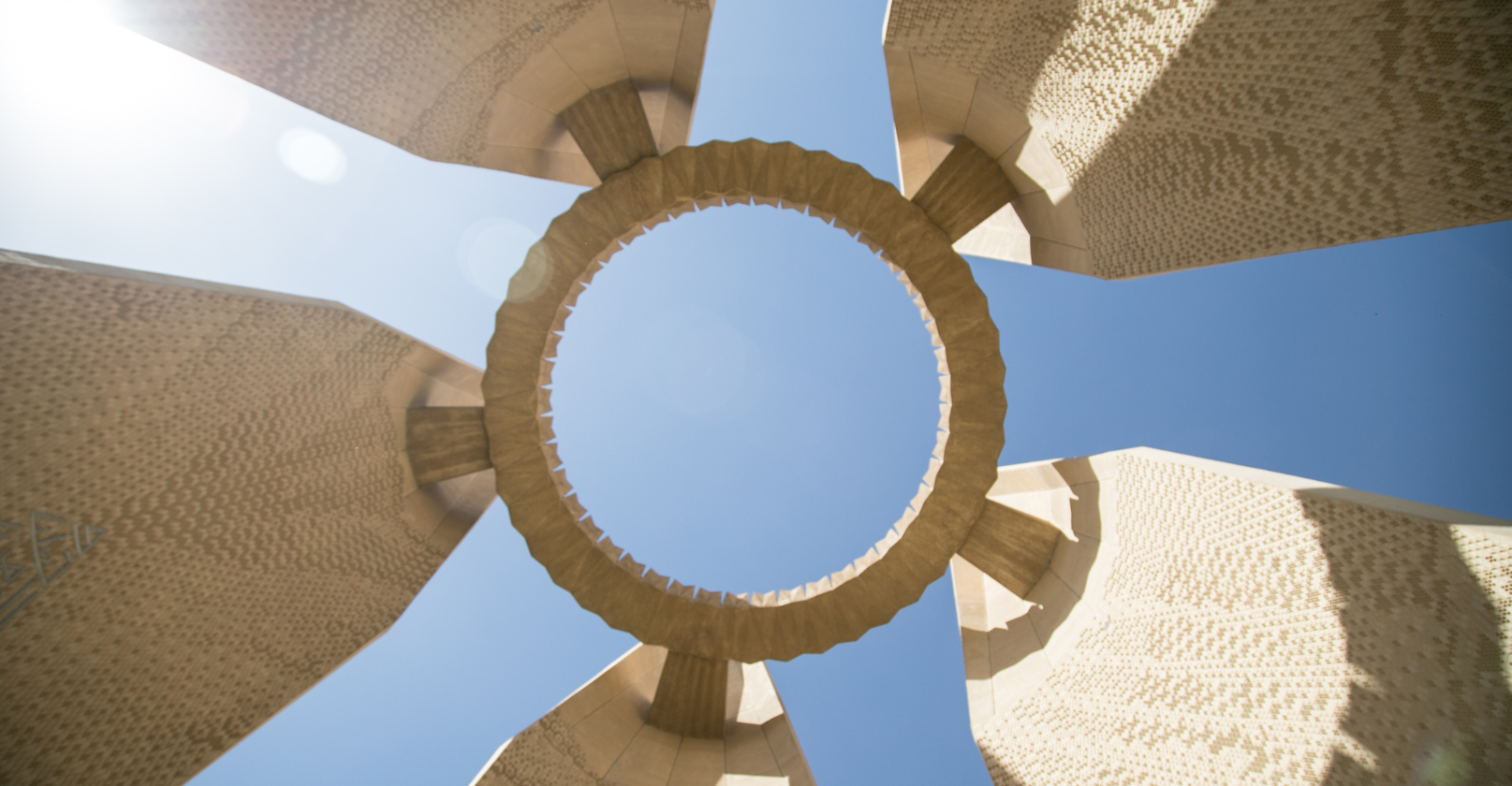…the comfort, calm and emotional energy we gain from all supportive friendships strengthen our emotional core. And the stronger we are at the center, the more we have to offer everyone else in our lives.
Vivek Murthy [1]
As I spent the next six weeks recovering, I thought about how much I needed to strengthen my core lest I ever again suffer an accident that immobilizes me for weeks. I thought about how I could have been more intentional with my lift taking more time to think about how to better balance the load. These small but impactful steps would have helped me avoid crisis to my physical health. Daily rhythms of physical exercise have both an immediate effect (endorphins!) and a long-term preventative effect.
Developing Core Emotional Strength with Friends
Reading Murthy’s words about friendship, I cannot help but see the connections between what he calls our emotional core and what I experienced with my poorly developed physical core. In his book, Together: The Healing Power of Human Connection in a Sometimes Lonely World, Murthy unpacks research on friendship that describe three different “circles of connection” or different types of friends, “Inner circle: Close Friends and Confidantes” (roughly 15 people), “middle circle: Occasional Companions”( roughly 150 people) and “Outer Circles: Colleagues and Acquaintances” (500+ people).[2] We need to be developing all three types of connections in order to experience the “comfort, calm and emotional energy” he describes all of which strengthen our emotional core.
Just like physical exercise takes time and intentionality, developing different relationships takes time and attention. It has immediate emotional rewards and long-term wellbeing rewards. Murthy emphasizes the importance of mutuality in our friendships saying “the most beneficial relationships for our social and emotional health are reciprocal in nature. Friends who share and sincerely listen to each other have a stronger sense of connection than do those for whom the interactions focus only in one direction.”[3] The friendships that give us strength are bidirectional and life-giving.
Core Strength Allows us to Give to Our Community
When we are emotionally strengthened by bidirectional relationships, we can be fully present to give to other people. Beyond just giving to our friends, we are better able to give to our broader communities. In this way, having inner strength allows us to better contribute to the work of social change.
It is worth pondering how Murthy’s ideas around nurturing core emotional strength can be applied to social activism. How can deep and intentional relationship building contribute to renewing and refreshing individuals so they can better give to the society they desperately want to see changed?
Attending to our emotional needs through different circles of friendship contributes to our ability to give to our communities and work to change them for the better.
[1] Vivek H. Murthy, Together: The Healing Power of Human Connection in a Sometimes Lonely World (New York, Harper Wave, 2020), 223.
[2] Murthy, Chapter 7.
[3] Murthy, 216




